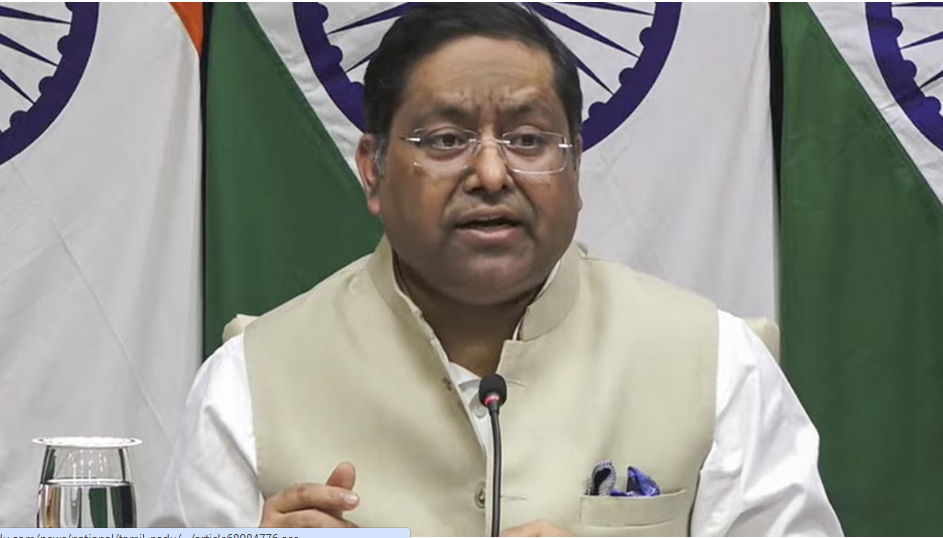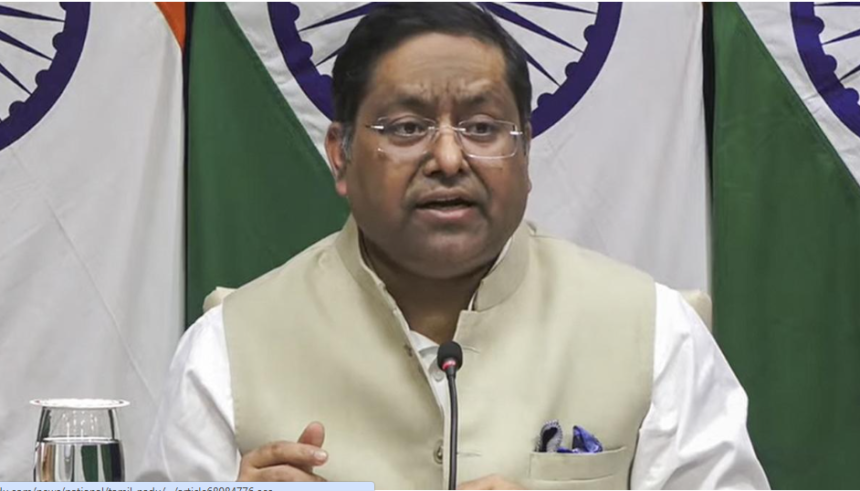1. Introduction: Clarifying the MFN Clause Concerns
Freeze Switzerland has reassured India that the freezing of the Most Favored Nation (MFN) clause in their bilateral investment agreement will not adversely affect the robust investment relationship between the two countries. This statement comes amid discussions on international trade agreements, investment frameworks, and economic cooperation. The Swiss assurance underscores their commitment to strengthening bilateral ties with India, an important trading partner and destination for Swiss investments.
This article delves into the MFN clause, the reasons for its freeze, and the implications for Swiss investments in India, while exploring the broader context of their economic partnership.  For the more information click on this link
For the more information click on this link
2. What Is the MFN Clause?
The MFN clause is a standard feature in trade and investment agreements designed to ensure non-discriminatory treatment between trading partners.
- Definition and Purpose:
- The clause guarantees that a country will extend to its partners the same trading privileges as it offers to its most favored nation.
- It fosters a level playing field by preventing preferential treatment.
- In Bilateral Investment Agreements:
In the context of investments, MFN provisions protect foreign investors from being disadvantaged compared to others under existing or future treaties.
3. Why Did Switzerland Freeze the MFN Clause?
The freeze on the MFN clause within its bilateral agreement with India was due to specific legal and policy considerations.
- Revised Global Trade Rules:
Switzerland is aligning with modern trade and investment practices, which often involve selective application of MFN provisions. - Protecting Sovereignty in Agreements:
Countries are re-evaluating traditional clauses in light of changing geopolitical dynamics. - India’s Evolving Investment Policies:
India’s renegotiation of older bilateral investment treaties (BITs) is pushing for clauses more in line with its developmental priorities.
4. Switzerland’s Assurance: A Trust-Building Gesture
Switzerland has emphasized that the freeze on the MFN clause does not reflect a lack of confidence in India’s economic environment.
- Commitment to Indian Markets:
Swiss companies continue to view India as a lucrative destination for long-term investment. - Maintaining Competitive Frameworks:
Switzerland affirms that its investments in India will remain unaffected in terms of competitive benefits and protections. - Protecting Existing Treaties:
Swiss officials clarified that protections afforded under other provisions of the bilateral investment treaty will stay intact.
5. The Swiss Investment Landscape in India
Switzerland holds a significant position among India’s foreign investors.
- Investment Numbers:
- As of 2023, Swiss investment in India stood at $8 billion, spanning sectors like pharmaceuticals, banking, and advanced manufacturing.
- The Swiss presence is notable in companies such as Novartis, Nestlé, UBS, and ABB.
- Focus on Research and Development (R&D):
Many Swiss companies have R&D centers in India, contributing to innovation in areas like biotechnology and renewable energy.
6. India’s Trade Policies and Their Global Impact
India has taken significant steps to renegotiate its international trade and investment treaties to reflect its strategic priorities.
- Bilateral Investment Treaty Overhaul:
- Post-2015, India replaced old BITs with a new model aimed at balancing investor protection and public policy flexibility.
- Focus on Self-Reliance:
India’s “Aatmanirbhar Bharat” initiative is aimed at fostering domestic production, influencing how it approaches international agreements. - Strengthening Dispute Mechanisms:
A shift to arbitration clauses that prioritize domestic jurisdiction is part of India’s revamped treaty approach.
7. What Does the MFN Clause Freeze Mean for India?
The freeze on the MFN clause does raise questions about its implications for India’s trade and investment landscape.
- Limited Impact:
India’s diversified investment base and reforms are likely to minimize the impact of this freeze. - Encouraging Negotiated Terms:
The development opens the door for a more collaborative approach to bilateral investment agreements. - A New Era for Investment Agreements:
It marks a shift in how India interacts with partners like Switzerland, creating scope for tailor-made agreements.
8. Economic Implications: Opportunities Amid Challenges
While freezing the MFN clause could have raised concerns, it is unlikely to disrupt investments significantly.
- Continued Swiss Interest in India:
- Sectors such as renewable energy, financial services, and pharmaceuticals remain attractive to Swiss investors.
- India’s vast market potential outweighs any concerns over investment clauses.
- Strengthening Bilateral Economic Relations:
Switzerland’s commitment to India signals that existing frameworks and future agreements will continue to ensure a mutually beneficial partnership.
9. The Role of Global Economic Dynamics
The global economic environment plays a critical role in shaping bilateral investment strategies.
- Inflation and Supply Chain Challenges:
These issues necessitate stronger collaboration between countries like India and Switzerland. - Digital and Green Economy Initiatives:
Opportunities in digital innovation and sustainable development align well with Swiss interests in India. - Strategic Collaborations Beyond Trade:
Areas like technology transfer and knowledge exchange are expanding horizons for India-Switzerland relations.
10. Beyond the Freeze: Revitalizing Bilateral Cooperation
The MFN clause debate underscores the need to focus on broader areas of collaboration.
- Evolving Trade Agreements:
The move represents an opportunity to draft agreements that address current needs more effectively. - Fostering Public-Private Partnerships (PPPs):
Initiatives that encourage joint ventures between Indian and Swiss businesses could gain prominence. - Future-Proofing Investments:
Policies that accommodate disruptive technologies and emerging industries can enhance bilateral ties.
11. Mutual Benefits of Collaboration
Switzerland and India are set to continue reaping the rewards of a partnership that goes beyond investment treaties.
- For India:
- Access to cutting-edge technologies.
- Boost to employment and skill development in high-growth sectors.
 For the more information click on this link
For the more information click on this link
- For Switzerland:
- Entry into one of the world’s fastest-growing economies.
- Access to cost-effective and skilled labor markets.
12. Conclusion: Building Trust and Expanding Horizons
The Swiss assurance regarding the MFN clause freeze reflects a strong foundation of trust in bilateral relations with India. Both nations share a commitment to fostering mutually beneficial trade and investment opportunities.
Sanjay Malhotra’s appointment at Mint Street and India’s revamped policies provide a strong base for addressing any concerns related to investment treaties. With the right strategies, India and Switzerland are poised to continue their successful economic collaboration, further strengthening their ties in an ever-evolving global economic landscape. ALSO READ:-Sanjay Malhotra: The New Boss at Mint Street 2024





